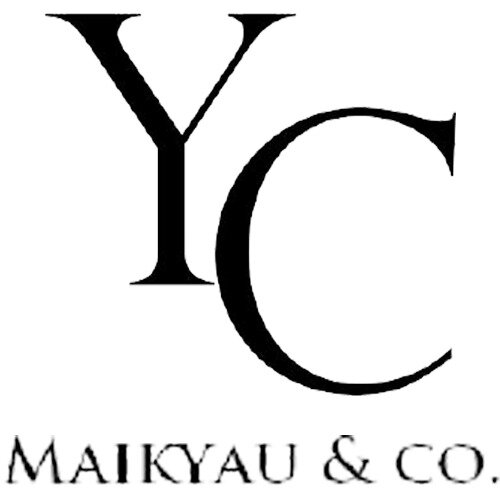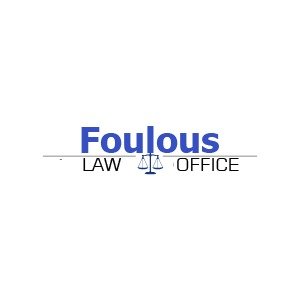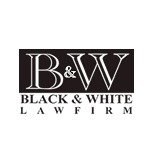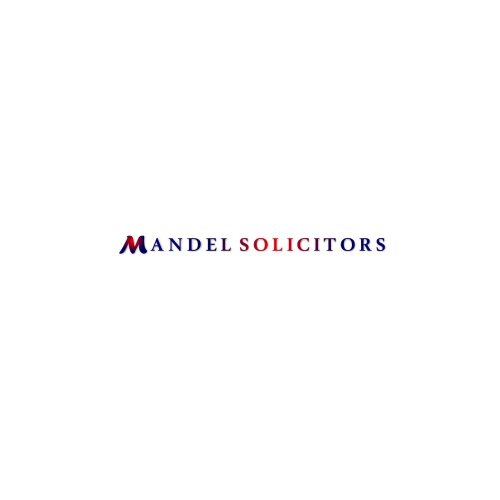Best Investment Lawyers in Nigeria
Share your needs with us, get contacted by law firms.
Free. Takes 2 min.
Or refine your search by selecting a city:
List of the best lawyers in Nigeria
Legal guides written by Adeola Oyinlade & Co:
- Procedure and Requirements for Work Permit and Visas in Nigeria
- The Step-By-Step Procedure of How to Apply for Microfinance Bank License Online in Nigeria
- How to Ensure the Smooth Recognition and Enforcement of Foreign Judgments in Nigeria
About Investment Law in Nigeria
Investment in Nigeria plays a pivotal role in the country's economic development, offering numerous opportunities across varied sectors such as oil and gas, agriculture, telecommunications, and more. The legal framework governing investment in Nigeria aims to promote and regulate investment activities, ensuring that both local and foreign investors are protected and that their operations contribute positively to the national economy. Key legislative acts, institutions, and policies have been established to oversee compliance, ethical standards, and to attract foreign direct investment (FDI).
Why You May Need a Lawyer
Engaging a lawyer in the field of investment in Nigeria is crucial for various reasons. You might require legal assistance in the following situations:
- Navigating through complicated investment contracts and agreements.
- Assistance with regulatory compliance and meeting local taxation requirements.
- Resolving disputes or litigations related to investment dealings or operations.
- Guidance on government policies regarding foreign direct investment and their implications.
- Understanding and applying for incentives offered for specific sectors.
- Documentation and verification processes for setting up businesses or investments.
Local Laws Overview
The primary laws that govern investments in Nigeria include the Companies and Allied Matters Act (CAMA) 2020, the Nigerian Investment Promotion Commission (NIPC) Act, the Foreign Exchange (Monitoring and Miscellaneous Provisions) Act, and the Investment and Securities Act. These laws cover key aspects such as company registration, foreign participation, repatriation of funds, and taxation. Additionally, Nigeria has established agencies such as the Nigerian Investment Promotion Commission to facilitate investment processes and provide assistance to investors.
Frequently Asked Questions
What are the major sectors for investment in Nigeria?
Major sectors for investment include oil and gas, agriculture, power, telecommunications, manufacturing, and real estate.
How can a foreign investor enter the Nigerian market?
Foreign investors can enter the Nigerian market by establishing a local subsidiary or entering into joint ventures with Nigerian companies, in compliance with CAMA and other relevant laws.
Are there any restrictions on foreign investments in Nigeria?
While foreign investors are allowed to invest in most sectors, there are restrictions on ownership in areas critical to national security and public health, such as military-related industries.
What incentives are available for investors in Nigeria?
The Nigerian government offers several incentives including tax holidays, duty exemptions, and special economic zones to attract investment in priority sectors.
What is the role of the Nigerian Investment Promotion Commission (NIPC)?
The NIPC is responsible for promoting investments in the country, providing support to investors, and ensuring compliance with investment-related laws and regulations.
What legal structures are available for businesses in Nigeria?
Common legal structures for businesses include sole proprietorships, partnerships, private and public limited liability companies, along with branch offices for foreign companies.
How is foreign investment protected in Nigeria?
Nigeria has bilateral investment treaties and is a signatory to international conventions including the International Centre for Settlement of Investment Disputes (ICSID) to protect foreign investments.
Are there any specific compliance requirements for investors?
Yes, investors must adhere to regulatory compliance such as registration with the Corporate Affairs Commission (CAC) and obtaining necessary permits for their sector from relevant authorities.
What tax obligations do investors have in Nigeria?
Investors must comply with various tax obligations including corporate income tax, value-added tax (VAT), and withholding taxes as applicable.
Can investors repatriate profits made in Nigeria?
Profits can be repatriated, provided that repatriation is done through official channels and complies with applicable laws under the Foreign Exchange Act.
Additional Resources
Consider reaching out to the following resources for further guidance:
- Nigerian Investment Promotion Commission (NIPC)
- Corporate Affairs Commission (CAC)
- Central Bank of Nigeria (CBN)
- Nigerian Economic Summit Group (NESG)
- National Bureau of Statistics (NBS)
Next Steps
If you require legal assistance in the field of investment, consider hiring a lawyer who specializes in Nigerian investment law. It is advisable to consult with legal advisors who have a deep understanding of the regulatory environment and can provide tailored advice aligned with your investment goals. Begin by researching law firms renowned for their expertise in investments and scheduling initial consultations to discuss your needs and explore their services.
Lawzana helps you find the best lawyers and law firms in Nigeria through a curated and pre-screened list of qualified legal professionals. Our platform offers rankings and detailed profiles of attorneys and law firms, allowing you to compare based on practice areas, including Investment, experience, and client feedback.
Each profile includes a description of the firm's areas of practice, client reviews, team members and partners, year of establishment, spoken languages, office locations, contact information, social media presence, and any published articles or resources. Most firms on our platform speak English and are experienced in both local and international legal matters.
Get a quote from top-rated law firms in Nigeria — quickly, securely, and without unnecessary hassle.
Disclaimer:
The information provided on this page is for general informational purposes only and does not constitute legal advice. While we strive to ensure the accuracy and relevance of the content, legal information may change over time, and interpretations of the law can vary. You should always consult with a qualified legal professional for advice specific to your situation.
We disclaim all liability for actions taken or not taken based on the content of this page. If you believe any information is incorrect or outdated, please contact us, and we will review and update it where appropriate.
Browse investment law firms by city in Nigeria
Refine your search by selecting a city.

















